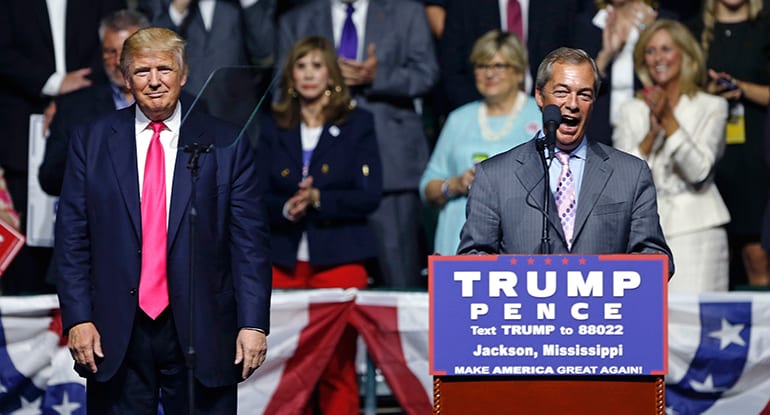Academics around the country are embracing the relatively new trend of using trigger warnings to shield students from ideas that might be discomforting or trauma-inducing. These ideas often include topics that touch on “racism, classism, sexism, heterosexism, cissexism, ableism, and other issues of privilege and oppression.”
Though there is some debate surrounding how widespread the use of trigger warnings actually is, a survey conducted last year by the National Coalition Against Censorship found that a majority of educators had used trigger warnings at one time or another.
Similarly, many universities are creating “safe spaces” where students can relax free from ideas that might be stressful or anxiety-inducing. Among these is Brown University, which last year created a room “with cookies, coloring books, bubbles, Play-Doh, calming music, pillows, blankets and a video of frolicking puppies” because a debate on sexual assault was taking place on campus.
Other universities have canceled “controversial” speakers—Condoleezza Rice, George Will, Jason Riley, and Michelle Malkin, among them—under pressure from faculty or students.
Apparently not all universities are on board with this trend. The University of Chicago recently made it clear to its crop of incoming students that academic freedom and inquiry remain pillars at the institution, and that the university does not support “so-called” trigger warnings or offer safe spaces that allow students “to retreat from ideas and perspectives at odds with their own. Here is how the university welcomed its incoming class of 2020:
Welcome and congratulations on your acceptance to the college at the University of Chicago. Earning a place in our community of scholars is no small achievement and we are delighted that you selected Chicago to continue your intellectual journey.
Once here you will discover that one of the University of Chicago’s defining characteristics is our commitment to freedom of inquiry and expression. … Members of our community are encouraged to speak, write, listen, challenge, and learn, without fear of censorship. Civility and mutual respect are vital to all of us, and freedom of expression does not mean the freedom to harass or threaten others. You will find that we expect members of our community to be engaged in rigorous debate, discussion, and even disagreement. At times this may challenge you and even cause discomfort.
And then, the coup de grace:
Our commitment to academic freedom means that we do not support so called ‘trigger warnings,’ we do not cancel invited speakers because their topics might prove controversial, and we do not condone the creation of intellectual ‘safe spaces’ where individuals can retreat from ideas and perspectives at odds with their own.
This is how a university should act.





